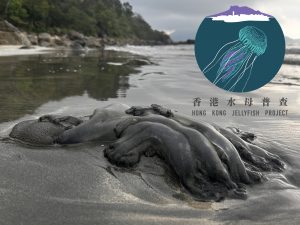
Today we publish a new Data Release presenting a dataset of jellyfish sightings collected by citizen scientists from 2021 through 2023 within Hong Kong waters. This is the first example where our curation team have worked with a Citizen Science project to share their observations in the GBIF biodiversity database.



